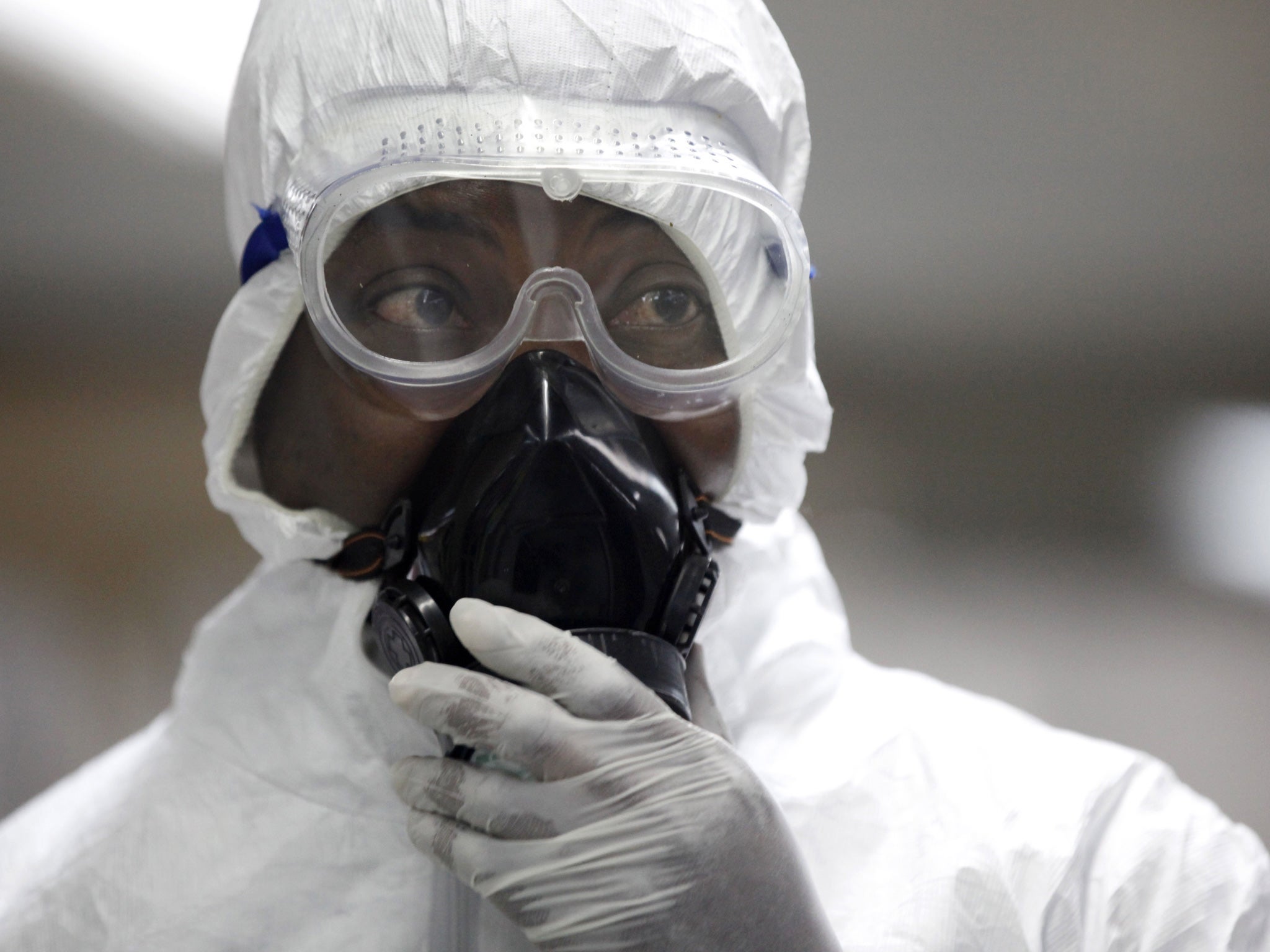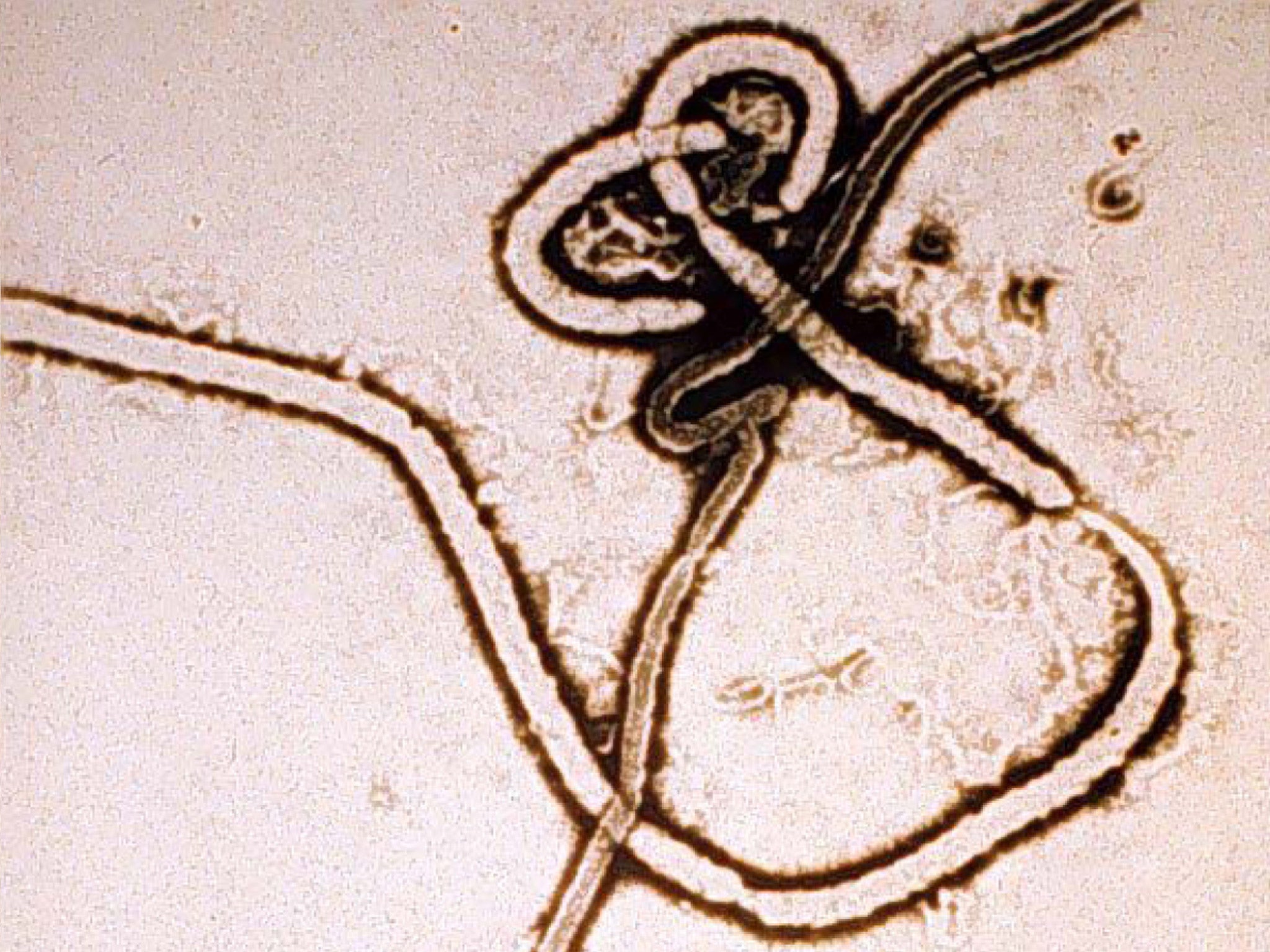Ebola virus: British experts urge US and WHO to ‘give Africans cure’
Authorities in West Africa have expressed outrage that treatment was given to two US aid workers in Liberia – where disease has killed 255 people

Your support helps us to tell the story
From reproductive rights to climate change to Big Tech, The Independent is on the ground when the story is developing. Whether it's investigating the financials of Elon Musk's pro-Trump PAC or producing our latest documentary, 'The A Word', which shines a light on the American women fighting for reproductive rights, we know how important it is to parse out the facts from the messaging.
At such a critical moment in US history, we need reporters on the ground. Your donation allows us to keep sending journalists to speak to both sides of the story.
The Independent is trusted by Americans across the entire political spectrum. And unlike many other quality news outlets, we choose not to lock Americans out of our reporting and analysis with paywalls. We believe quality journalism should be available to everyone, paid for by those who can afford it.
Your support makes all the difference.Three of Britain’s leading Ebola specialists have said experimental treatments for the deadly Ebola virus must be offered to the people of West Africa, after two US aid workers were administered with the “cure” in Liberia.
The two missionaries, Dr Kent Brantly and Nancy Writebol, are alive and now being cared for at a specialist isolation unit in Atlanta.
Though the pair remain weak – and there is no way of knowing at this stage how much of a help the new drug has actually been – the fact that it was given to the two Americans has resulted in widespread criticism and recriminations in West Africa.
Now Peter Piot, who discovered Ebola in 1976, David Heymann, the director of the Chatham House Centre on Global Health Security and Jeremy Farrar from the Wellcome Trust have said there are in fact several drugs and vaccines under study that could be used to combat the disease.
“African governments should be allowed to make informed decisions about whether or not to use these products - for example to protect and treat healthcare workers who run especially high risks of infection,” they wrote in a joint statement.
The World Health Organization (WHO), “the only body with the necessary international authority” to allow such experimental treatments, “must take on this greater leadership role”, they said.
“These dire circumstances call for a more robust international response,” they added.
Almost 900 people have died from the Ebola virus across Guinea, Liberia and Sierra Leone since the latest outbreak began in February this year. Some strains can have fatality rates of up to 90 per cent, though that of the current crisis appears to be around 60 per cent.
Liberia’s assistant health minister, Tolbert Nyenswah, said that the news of Dr Brantly and Ms Writebol’s treatment had “made our job very difficult” as dying patients and their relatives in Africa request the same “cure”.
Dr Nyenswah told the Wall Street Journal: “The population here is asking: 'You said there was no cure for Ebola, but the Americans are curing it?'”
The US aid workers were given ZMapp, a drug made from antibodies produced in a lab that has never gone through human trials or been approved by the US’s FDA Food and Drug Administration.
Piot, Farrar and Heymann questioned why Africans were not being given the same chance. If the deadly virus was raging though wealthy countries, they said, medical agencies “would begin discussions with companies and labs developing these products and then make rapid decisions about which of them might be appropriate for compassionate use”.
“Experimental treatments shouldn't be rolled out generally without prior safety testing,” they said in their statement, issued in London late on Tuesday.
“But in the face of the critical challenge in West Africa, the WHO and Western medical agencies should be helping countries weigh the risks and benefits of limited deployment of the best (drug and vaccine) candidates to those in the greatest need, while continuously monitoring safety and efficacy.”

Their call for action from the World Health Organisation adds weight to the growing impetus demanding the outbreak in West Africa be brought under control, and which the UK Faculty for Public Health’s Dr John Ashton wrote about in this week’s Independent on Sunday.
On Monday the World Bank pledged up to $200 million (£120 million) in emergency funding to help Liberia, Sierra Leone and Guinea.
And though cost has been cited as one of the major restrictive factors preventing drug companies from rolling out Ebola treatments across Africa, the WHO said it “would not recommend any drug that has not gone through the normal process of licensing and clinical trials”.
Join our commenting forum
Join thought-provoking conversations, follow other Independent readers and see their replies
Comments